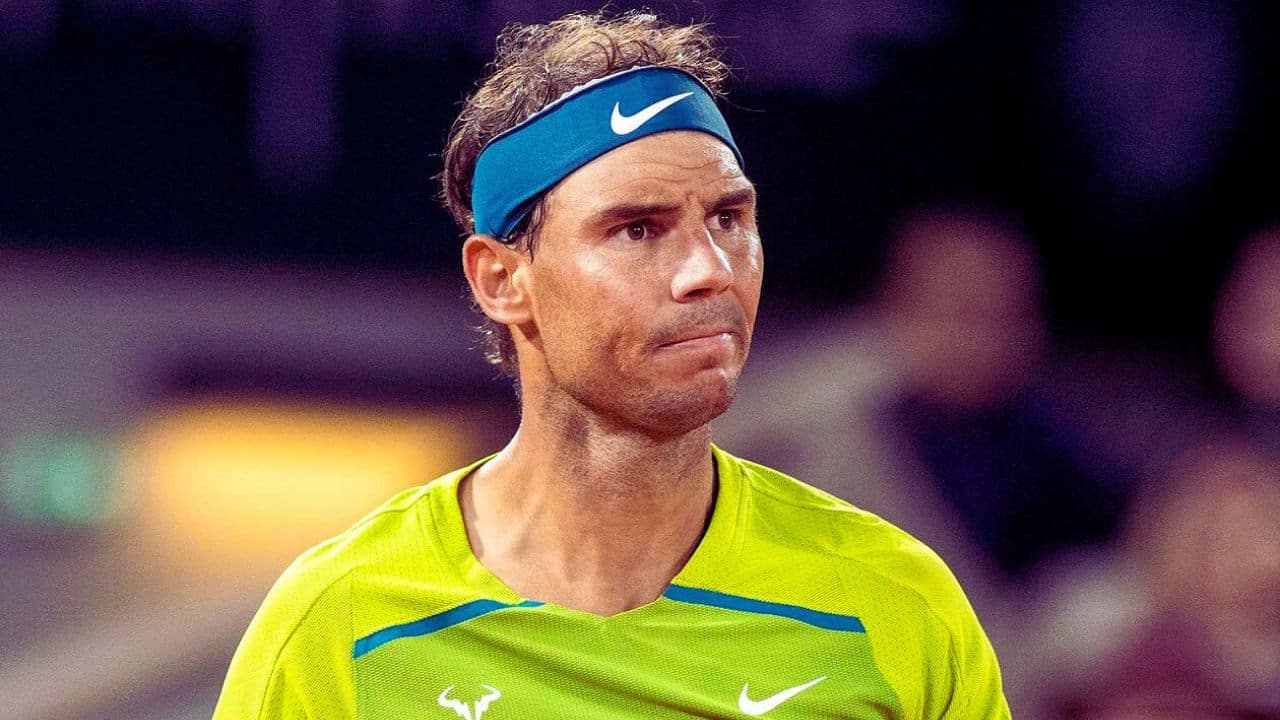Listen to the Podcast:
The Ultimate Fighting Championship (UFC) is well-known for being a highly-regulated combat sport. They continuously monitor and test their fighters to ensure they aren’t intaking steroids and other performance-enhancing drugs. Cheating in the UFC is basically out of the question.
What’s even worse than its stringent regulations is its long-standing extreme weight loss culture. It’s a careful yet grueling combination of healthy weight loss and unhealthy dehydration, making it “potentially deadly”—even becoming really deadly in many cases.
Since UFC competitions are based on divisional weight classes, the weight cut is inevitable. The good news is that thanks to advancements in research, there are several science-backed ways that UFC fighters can use to cut their weight fast and safely. Check them out here.
Control Body Hydration
Research has shown that 39% of combat sports fighters dehydrate themselves daily to lose weight fast. This is because our body weight is 60% water, so cutting it out is critical in weight loss.
However, this relentless dehydration can overwhelm the fighters with detrimental side effects. Medical professionals explained that insufficient water in our body thickens our blood, causing the kidneys to work harder to filter it. When worsened, it can cause kidney stones and infection, eventually resulting in kidney failure, seizures, coma, and even death.
Additionally, dehydration can strain the heart and thyroid. This likely increases the likelihood of muscle and tendon injuries and weak immune systems. It’s also widely accepted that if dehydrated fighters fall and hurt their head, they have a higher risk of concussion or, worse, fatal brain injury.
Instead, the key is to decrease water intake gradually. According to the UFC Performance Institute, alongside the World Health Organization, strategically controlling water intake is a “safer” weight loss technique than not drinking any water throughout a cut.
For example, the following is a recommended water intake five days before the weigh-in day:
- Day 1 – 2 Gal (7.57L) of water
- Days 2 & 3 – 1 Gal (3.78L) of water
- Day 4 – .5 Gal (1.89L) of water
- Day 5 – .25 Gal (0.94L) of water
Consuming tons of water and gradually decreasing it ensures “flushing mode.” This process down-regulates aldosterone, a steroid hormone responsible for managing the sodium levels (salt) and potassium in the blood.
When fighters gradually reduce the amount of water they intake in the middle and end of the week, their bodies will still be in flushing mode. In other words, they can still urinate a lot even if they hardly drink water. When they excrete more fluid than they take in, it results in rapid weight loss.
Have A Proper Calorie Deficit
A low-carb intake is crucial in a weight loss journey. Compared to a low-calorie diet, a low to a no-carb diet offers weight-loss results faster. Specifically, the carb intake should be maintained low, around 50 grams daily.
Research shows that one gram of carbohydrate typically pulls around 2.7 grams of water into the body, which counters the weight-loss effect of dehydration. Apart from maximizing weight-cutting, a low or no-carb diet can also help keep UFC fighters’ bodies in flush mode.
Nonetheless, getting a balanced, nutritious diet is a must. Instead of undergoing a starvation regime, fighters are advised to consume regulated yet sufficient macro and micronutrients properly. This doesn’t only benefit their weight loss but also peaks their performance.
It’s also important to note that low-carb intake depletes muscle glycogen, the muscles’ primary source of metabolic fuel. Once glycogen levels drop, fighters are likely to lose half a kilogram. While this is good for weight loss, it may contribute to fatigue.
In order to conserve energy, UFC fighters tend to consume high-quality protein sources. For example, they load up protein-rich animal- and plant-based sources, such as meat, eggs, and leafy and cruciferous vegetables. They also intake other protein supplements like Whey Protein Powders, usually with less to no sugar.
Steer Clear From Salt
Another helpful way to flush water out is by reducing or getting rid of salt intake. The sodium in salt prompts the body to retain and absorb more water in the body than it should otherwise. It’s why UFC fighters and other people trying to lose weight are on strict no-salt meal plans.
Sweat More
Through low-intensity training, UFC fighters lose a great deal of fluid. They avoid intense workouts since they are already on a low-carb diet, which depletes their energy reserves. Instead, they engage in modest cycling or treadmill running.
During the exercise, others go the extra mile and wear plastic tracksuits to increase their perspiration significantly. After exercising, they take a hot bath or stay in a sauna. The hot temperature doesn’t relax their muscles but also helps them shed more pounds.
Final Thoughts
Extreme weight-cutting has caused unfortunate deaths and long-term health problems for many fighters. Fortunately, the medical community is putting tools, research, and science together to help weight-cutting in the world of combat sports evolve beyond a test of wills with oneself.




































